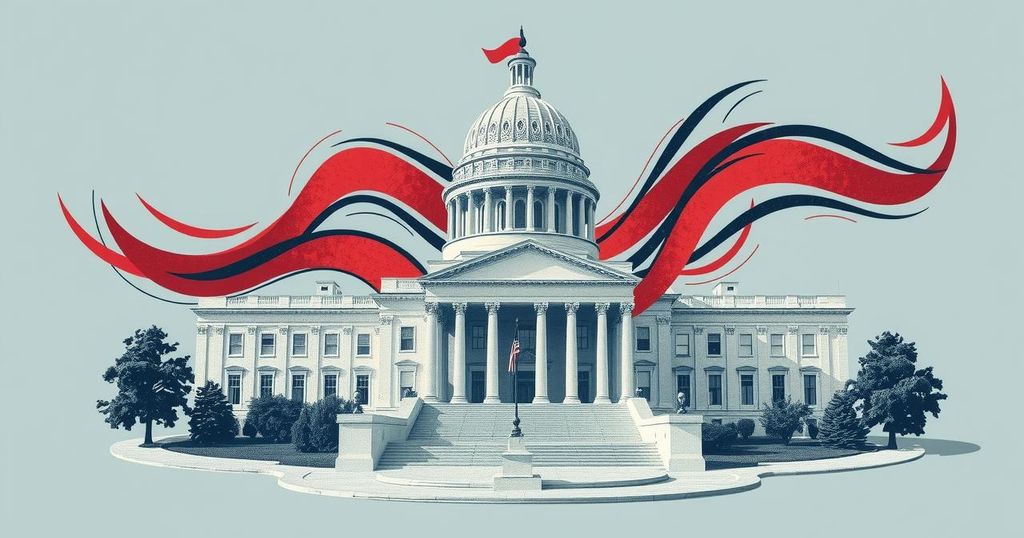World news
ASIA, CHRISTIAN DEMOCRATS, DEFENSE SPENDING, DEMONSTRATIONS, EL, EUROPE, EUROPE/ASIA, EUROPEAN UNION, FRIEDRICH MERZ, JAPAN, MERZ, NORTH AMERICA, PARLIAMENTARY ELECTIONS, POLITICS, POPULISM, REUTERS, RUSSIA, SOCIAL DEMOCRATS, TRUMP, UKRAINE, UNITED STATES, USA, VOL
Sofia Rodriguez
0 Comments
Conservative Victory in Germany’s Election, Far-Right AfD Gains Prominence
Friedrich Merz and the mainstream conservatives won Germany’s national election, while the far-right AfD party became the second-largest faction. The campaign focused on economic stagnation and migration issues. Merz aims to establish a government by Easter, lacking plans for a coalition with the AfD, amid pressure from various political and international actors.
Germany’s recent national election resulted in victory for the mainstream conservative party led by Friedrich Merz, while the far-right Alternative for Germany (AfD) surged to become the second-largest party. The election was influenced by concerns over the stagnating economy and issues related to migration, particularly as Merz advocated for a stricter immigration policy. Amid growing uncertainty regarding the future of Ukraine and its relations with the United States, this election plays a crucial role in shaping Europe’s response to emerging challenges.
Germany, the largest nation in the European Union and a key NATO member, has been a significant supplier of weapons to Ukraine. This election outcome places Merz in a pivotal position to influence future European policy, especially in light of international relations under the Biden administration. President Trump, via his Truth Social platform, remarked on the election results, observing parallels with the political climate in the United States.
Ukrainian President Volodymyr Zelenskyy congratulated Merz on his victory, expressing hopes for continued collaboration between Ukraine and Germany. NATO Secretary General Mark Rutte also congratulated Merz and emphasized the importance of strengthening defense spending. The latest results indicate a majority for Merz’s Christian Democrats and the Social Democrats, providing Merz a viable path to becoming Chancellor while he aims to establish a government by Easter.
Merz’s conservatives accounted for 208 seats in the 630-seat Bundestag, with the AfD attaining 152 seats, followed by the Social Democrats at 120 and the Left party with 64 seats. Despite the AfD’s significant gain, Merz ruled out forming a coalition with them due to their controversial status within German politics, as they face scrutiny from intelligence agencies for suspected right-wing extremism.
The election was called seven months earlier than anticipated, following the collapse of Chancellor Olaf Scholz’s coalition. Though the election revealed widespread dissatisfaction among voters, Merz acknowledged the challenges ahead, stating his awareness of the responsibility he bears. As he prepares for coalition negotiations, he affirmed, “The world out there isn’t waiting for us, and it isn’t waiting for long-drawn-out coalition talks and negotiations.”
The recent German election resulted in a significant shift in the political landscape, with conservatives led by Friedrich Merz gaining a decisive victory. The rise of the far-right AfD party marks a notable trend in German politics, as they become the second-largest party despite challenges in forming a coalition. With pressing issues surrounding the economy and migration, Germany’s direction under Merz’s leadership could have profound implications for Europe, especially regarding its role in global security and humanitarian efforts.
Original Source: www.cbsnews.com




Post Comment